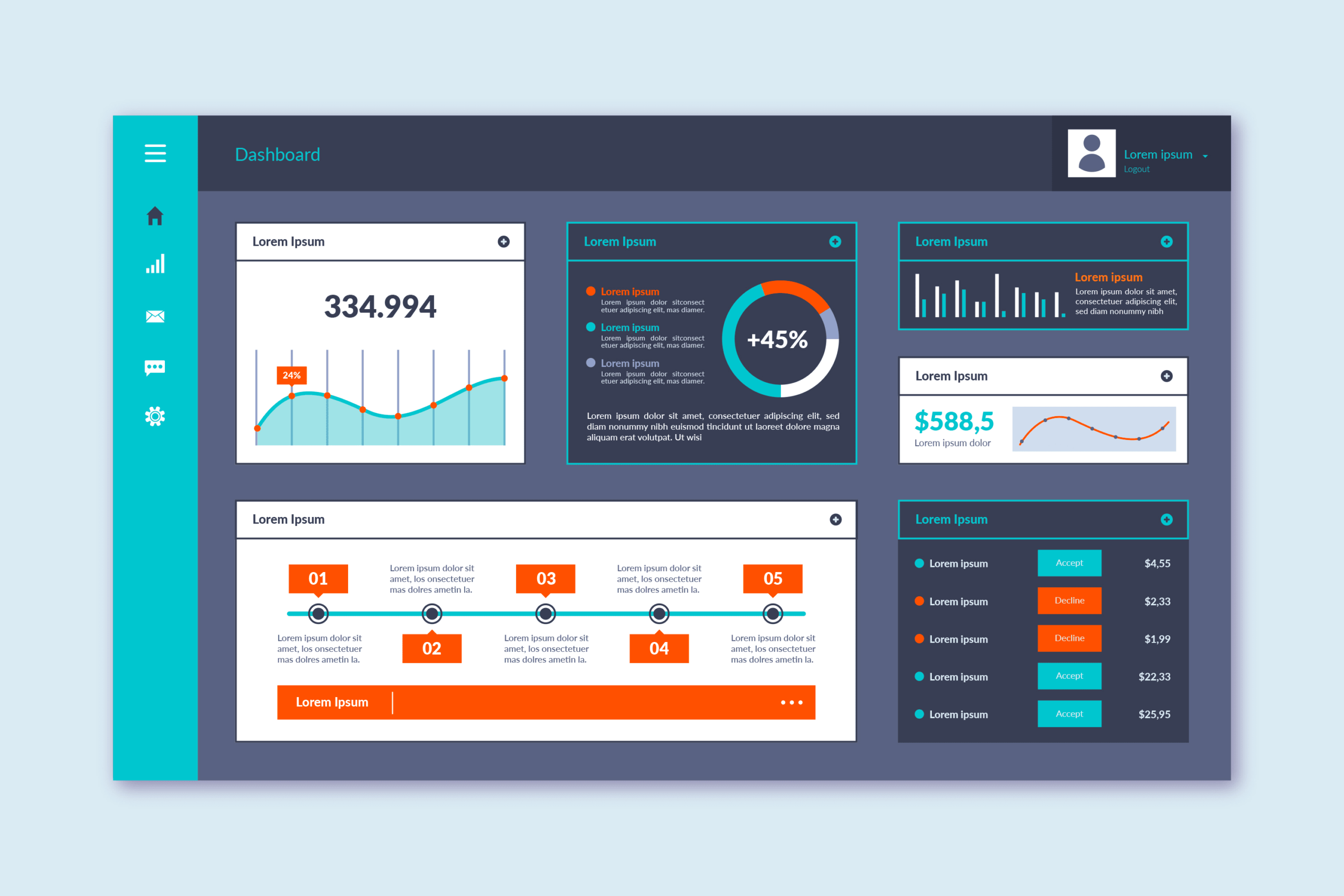Expert PPC Campaign Management That Maximizes Every Dollar
Zenxcy Marketing delivers professional PPC campaign management services that drive qualified traffic, reduce wasted spend, and increase conversions. Our data-driven approach helps B2B companies, eCommerce brands, and service providers achieve measurable growth through strategic paid advertising campaigns.
Get Free PPC Audit
Why Professional PPC Campaign Management Delivers Better Results
PPC campaign management requires constant monitoring, optimization, and strategic adjustments to stay profitable. Our experienced team manages your Google Ads, Microsoft Ads, and social media campaigns with precision. We combine thorough keyword research with advanced bidding strategies to ensure your ads reach high-intent customers. Additionally, our performance tracking provides complete transparency into campaign results and ROI.
Pro Insight: PPC performance is just one component of your marketing ecosystem. Use our comprehensive funnel audit checklist to identify conversion opportunities throughout your entire customer journey. This will help you maximize the value of your PPC campaigns by understanding how they integrate with your broader marketing strategy.
What Our PPC Campaign Management Includes
Strategic Campaign Planning
We develop comprehensive PPC strategies aligned with your business goals, target audience research, and competitive landscape analysis for maximum impact.
Advanced Bid Management
Our team optimizes bids continuously using performance data, seasonal trends, and automated rules to maintain cost efficiency while driving quality conversions.
Compelling Ad Copywriting
We craft persuasive ad copy with strong calls-to-action that improve click-through rates and attract qualified prospects ready to convert.
Ongoing Optimization
Continuous A/B testing, negative keyword refinement, and performance analysis ensure your campaigns improve month over month with consistent ROI growth.
By leveraging data-driven decisions and precision targeting, our PPC experts help your brand reach right audience at right moment. From ad testing to keyword refinement, we ensure that every click moves you closer to measurable business growth and lasting ROI. Explore our case studies to see proven success stories, learn more through our digital marketing blogs, or discover how we integrate insights from analytics and performance reporting to deliver data-backed PPC improvements. To discuss your advertising goals, feel free to get in touch with us.
Ready to Scale Your Paid Advertising Results?
Let Zenxcy Marketing manage your PPC campaigns with proven strategies that reduce costs and increase revenue. We also offer specialized eCommerce advertising and landing page optimization services to maximize campaign performance.
Get Your Free PPC ConsultationFrequently Asked Questions
What platforms do you manage PPC campaigns on?
We manage PPC campaigns across Google Ads, Microsoft Advertising, Facebook Ads, Instagram Ads, LinkedIn Ads, and other major platforms based on where your target audience is most active.
How much should I budget for PPC advertising?
PPC budgets typically scale with company size: small businesses often start with modest monthly budgets to test and learn, mid-market companies commonly invest a few thousand per month to build momentum, and large enterprises allocate enterprise-level budgets to scale performance across multiple channels.
How quickly will I see results from PPC campaigns?
PPC campaigns deliver immediate visibility once ads are live. Most clients see initial traffic within 24–48 hours, while optimal performance builds over 4–6 weeks with data-driven refinements.
What makes your PPC management different from others?
Our PPC management prioritizes profitable growth and ROI. We track conversions and customer lifetime value while providing transparent reporting through our analytics dashboards.


 Paid Advertisement
Paid Advertisement